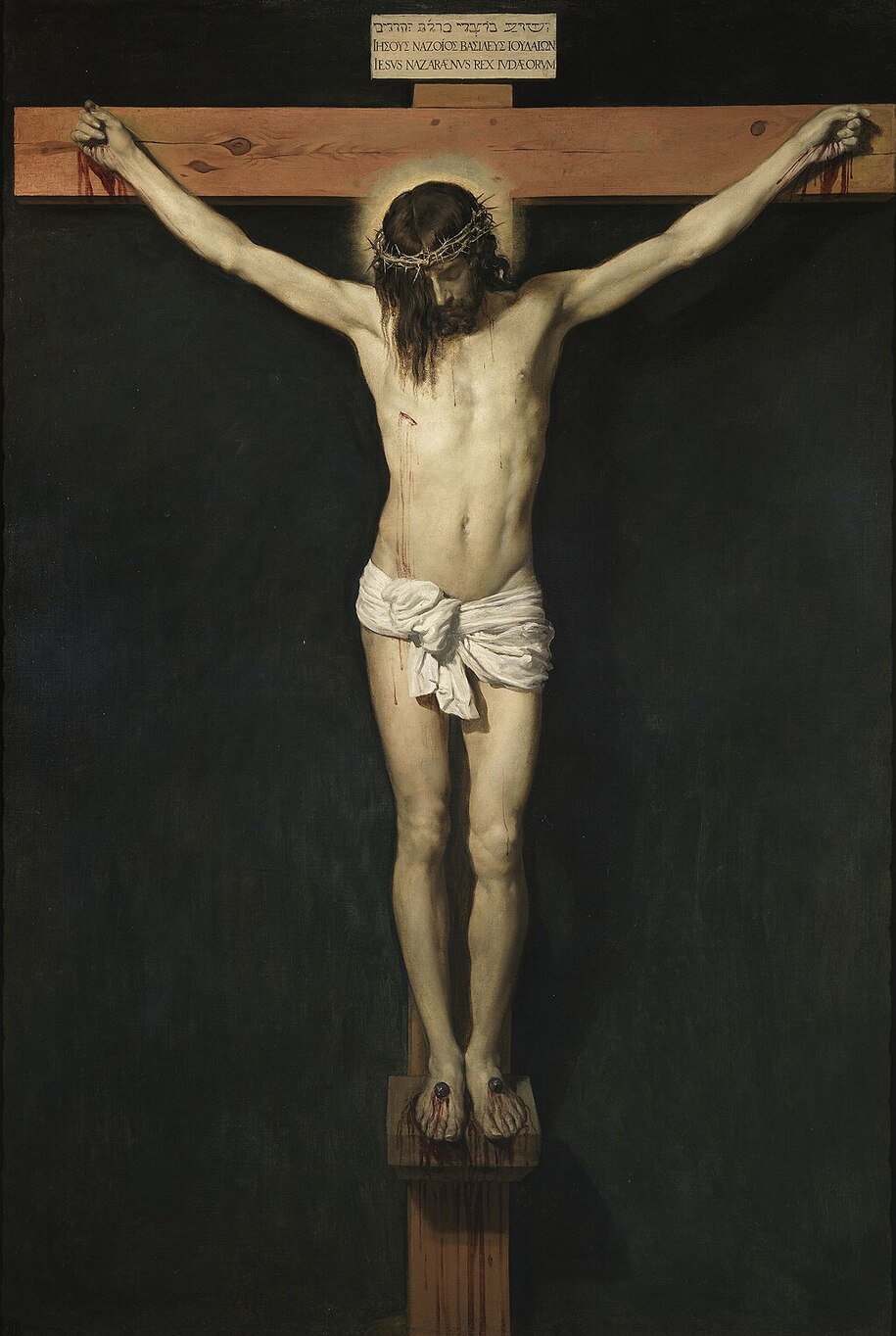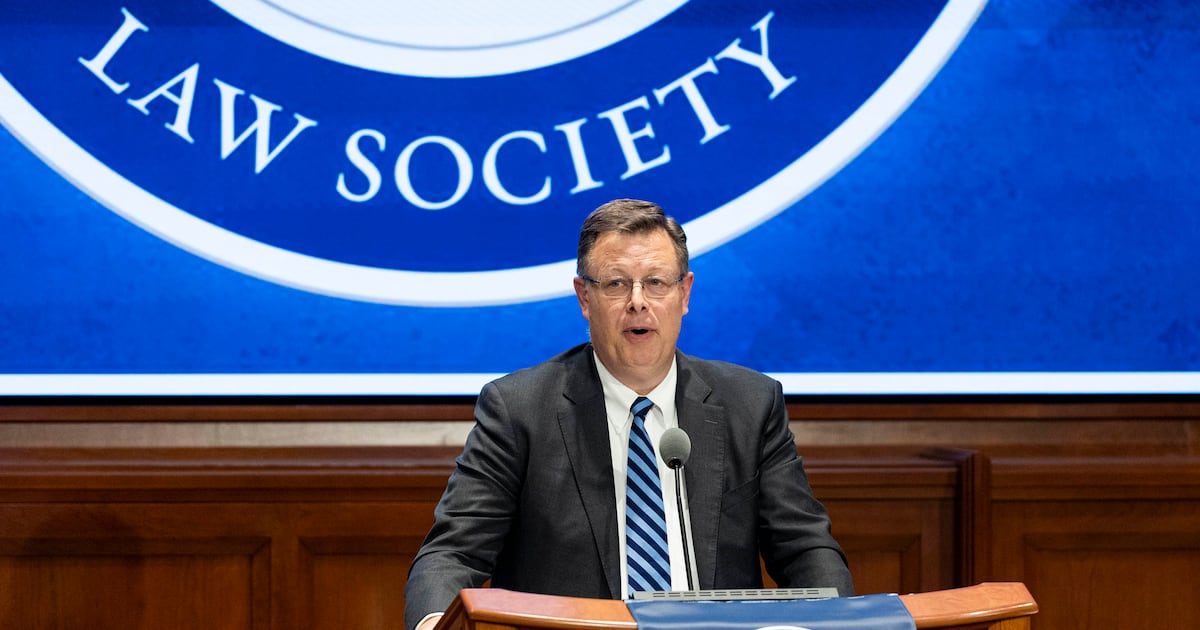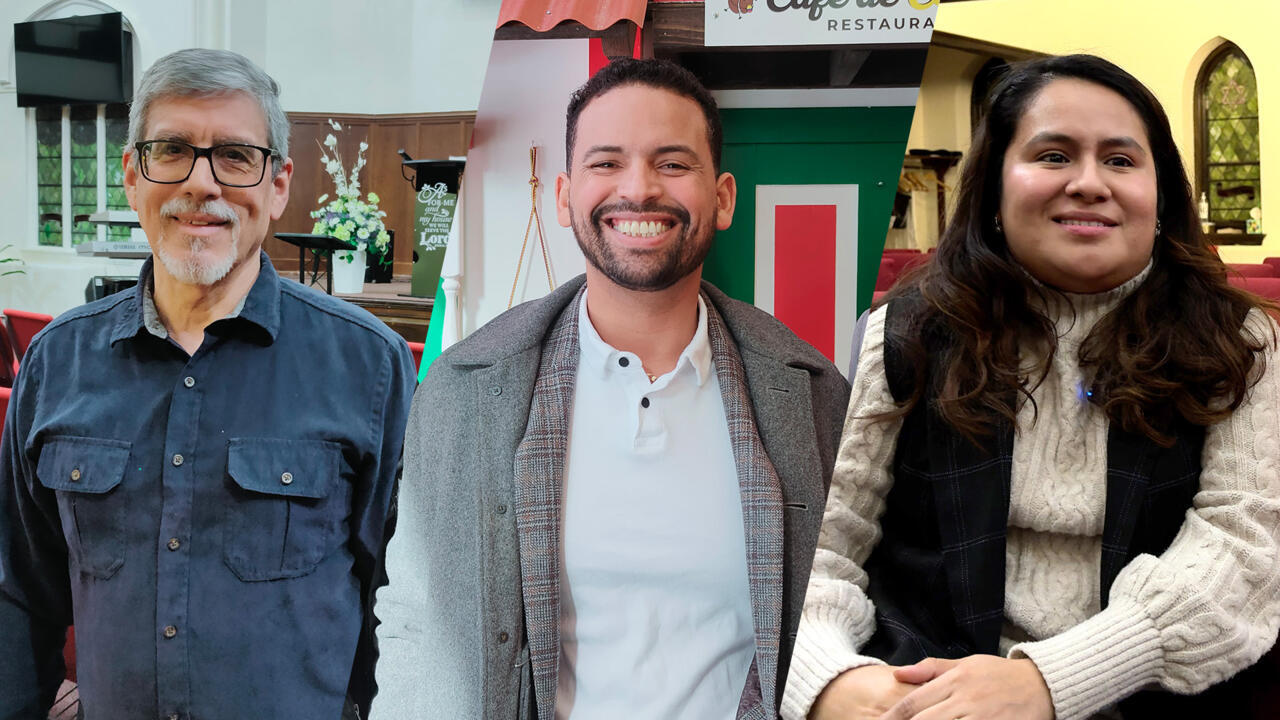
Faith, Fear, and the Ballot Box: How Religious Conditioning Paved Trump's Path to Power
In a fascinating exploration of belief systems and cognitive dissonance, two striking statistics reveal a profound pattern of human perception: 61% of Americans believe the Bible is either the literal word of God or divinely inspired, while 38% maintain that Donald Trump won the 2020 election, despite overwhelming evidence to the contrary. These seemingly unrelated beliefs share a common psychological thread—the remarkable human capacity to cling to convictions that defy empirical evidence. Whether rooted in deep-seated religious faith or political tribalism, people demonstrate an extraordinary ability to filter out facts that challenge their preexisting worldviews. The phenomenon speaks to a deeper truth about human nature: our beliefs are often more emotional than rational. We construct narratives that provide comfort, meaning, and a sense of belonging, even when those narratives conflict with objective reality. In an age of information overload and polarized discourse, the ability to selectively interpret evidence has become a powerful mechanism for maintaining psychological coherence. These statistics are not just numbers—they're a mirror reflecting the complex landscape of human belief, where personal conviction can triumph over verifiable truth.










